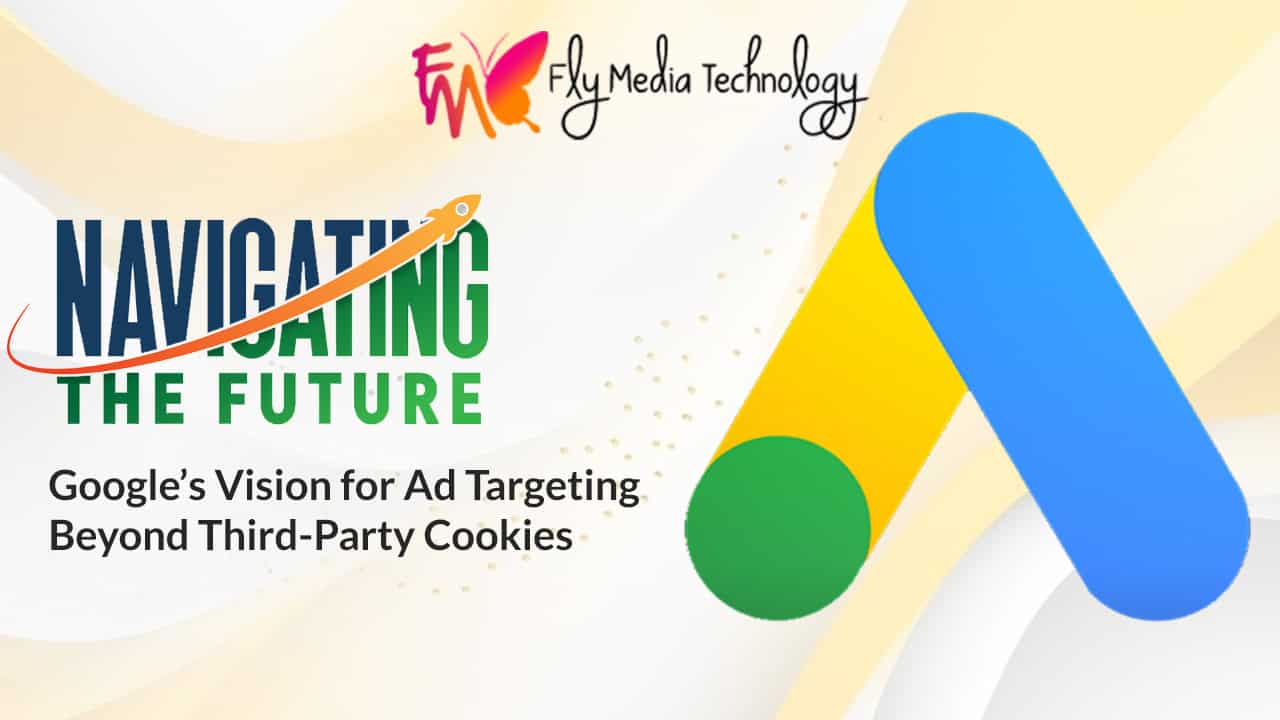The world of digital ads is changing quickly at a time when privacy concerns are crucial. With the release of forward third-party cookies, Google, a major player in the internet ads space, has taken a risk. The way ad creators target audiences and monitor user behavior is changing greatly.
The End of Third-Party Cookies
Online ads have long counted on third-party cookies, which are small data files that monitor user behavior on many websites. However, because of the significant privacy issues their use has brought up, Google is currently rethinking its strategy. Google’s press release that it will stop using third-party cookies by 2022 was greeted by the digital marketing sector with a mixture of interest and worry.
Google’s Privacy-Focused Alternative
Google third-party cookie replacement is built on the privacy sandbox project. The privacy sandbox aims to further secure privacy technology by developing solutions that safeguard user privacy while allowing personalized ads. One important notion is Federated Learning of Cohorts (FLoC). It is a privacy-focused system that groups individuals based on their interests. As opposed to third-party cookies, FLoc requires less extensive internet tracking because of the way it is an internal browser operator.
FLoC: How Does it Work?
FLoC uses machine learning techniques to categorize users into cohorts or groups of users with similar interests by examining their activity. Instead of tracking individual users, advertisers can then show ads to this whole group without knowing each person’s specific details. This tactic maintains the efficacy of targeted ads while protecting user privacy by establishing connections with audiences that share similar interests.
Challenges and Concerns
Even while Google’s suggestion is a positive move toward increased privacy, it has not been without criticism. Some argue that FLoC could lead to innovative techniques for user tracking and profiling, which could pose ethical concerns. Moreover, opinions continue to differ on how effectively FLoC performs in delivering customized adverts that are on par with those from outside sources.
Adapting to the Change
The ad’s creators use developing tools, so they make unique ads to promote the business. It is time for marketers to think above the box. They need to find new ways to interact with you when the third-party cookie ends that do not need monitoring every click you make. It can include using a range of data sources or placing more emphasis on information directly to you.
The Future Landscape
Google’s proposal to target ads without using third-party cookies is a component of a larger movement in the industry to prioritize privacy. Ads creators should prepare for a future in which traditional tracking methods become outdated as other digital companies follow suit. We must work together to find a balance between user privacy and targeted ads in order to adjust to this new reality.
A future where tailored ads and stricter privacy regulations may exist is being shaped by the industry’s attention to user privacy and cutting-edge technologies like FLoC. In a digital context where privacy is becoming more and more important, ad creators who embrace these changes will not only comply with changing legislation but also foster trust with their audiences.





